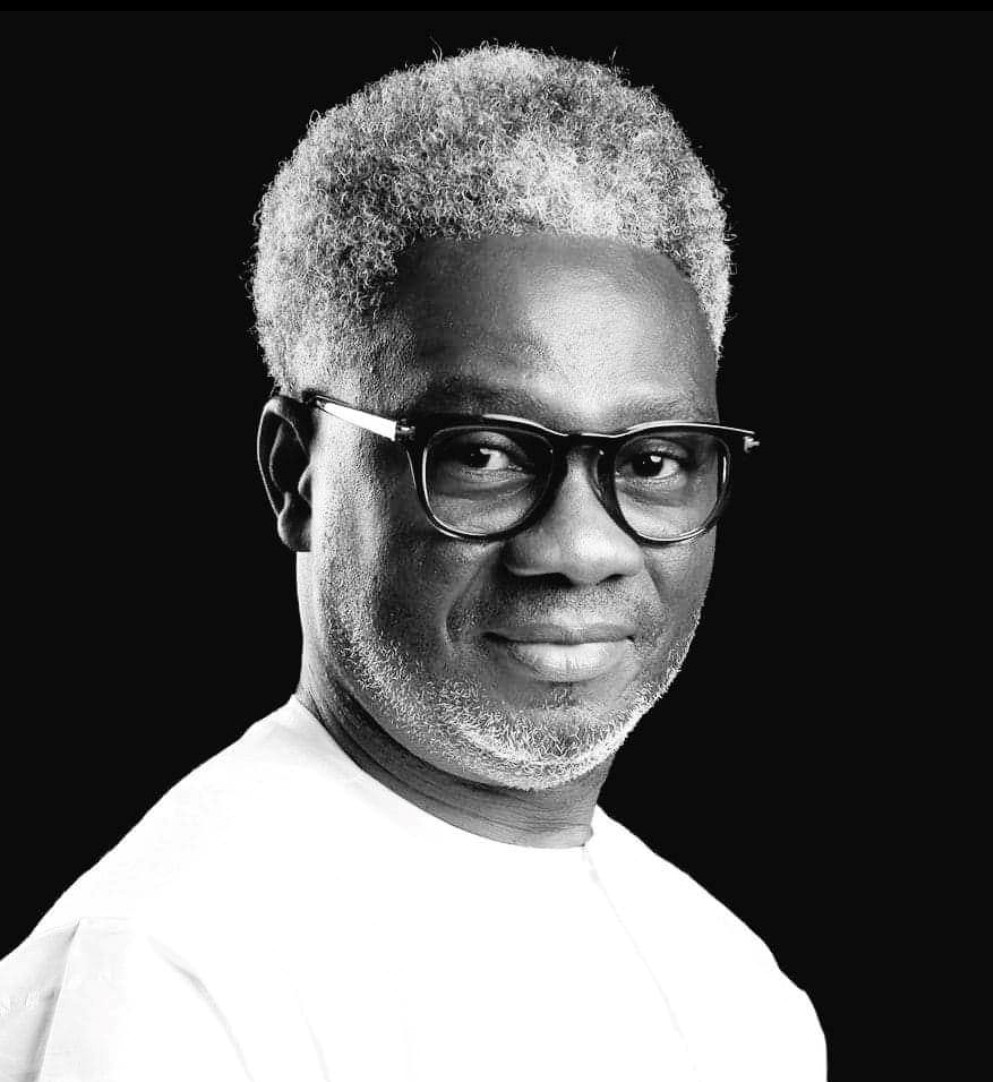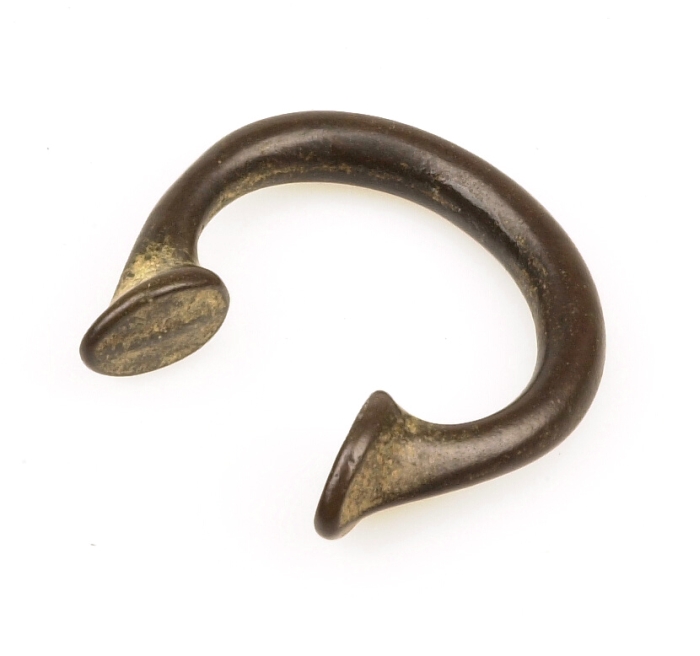During the early years of America’s Civil War, President Abraham Lincoln sought a limited conflict against people he still regarded as fellow countrymen and with whom he sought reconciliation. Only after three years of stalemate did he turn to “Unconditional Surrender Grant,” who in turn unleashed General William Tecumseh Sherman to “make Georgia howl” and help bring the war to its decisively violent conclusion.
Russian President Vladimir Putin waited only six months before switching from a special military operation to full scale war against Ukraine. Putin’s initial assault was limited to barely 150,000 troops. He expected a quick victory followed by negotiations on his principal concerns: Russian control of Crimea, Ukrainian neutrality, and autonomy for the Russian population in the Donbas, but he was wrong. Putin had not counted on Ukraine’s stiff resistance or the West’s massive military and economic intervention. Faced with a new situation, Putin changed his strategy. Now he is about to unleash his own General Sherman and make Ukraine howl.
Last month Putin gave General Sergey Surovikin overall command of Russia’s war in the Ukraine. Surovikin comes from the technologically sophisticated Aerospace Forces, but has fought on the ground in Afghanistan, Chechnya, and Syria where he is credited with saving the Assad regime. Surovikin has stated publicly that there will be no half measures in Ukraine. Instead, he has begun to methodically destroy Ukraine’s infrastructure with precision missile attacks.
Armies need railroads and while Sherman systematically tore up the tracks leading to Atlanta, Surovikin is destroying the electricity grid which powers Ukrainian railroads. This has left Ukrainian cities cold and dark, but Surovikin seems to agree with Sherman that “war is cruelty, and you cannot refine it.”
Russia has now put its economy on a war footing, called up the reserves, and assembled hundreds of thousands of troops, including both conscripts and volunteers. This army is equipped with Russia’s most sophisticated weapons, and contrary to much Western reporting, is far from demoralized. Ukraine on the other hand has exhausted its armories and is totally dependent on Western military support to continue the war. As Chairman of the Joint Chiefs of Staff General Mark Milley noted last week, Ukraine has done about all it can.
READ MORE
Once Ukraine’s rich black soil has firmly frozen, a massive Russian onslaught will commence. In fact, it has already begun at the important transportation hub of Bakhmut, which has become something of a Ukrainian Verdun. We expect Bakhmut to fall and predict that without much more Western support, Russia will recapture Kharkov, Kherson, and the remainder of the Donbas by next summer.
As the West did in Vietnam, Afghanistan, and Iraq, we are stumbling into another optional, open-ended military commitment. Ukrainian troops are being trained in Europe. Western defense contractors are already maintaining Ukrainian military equipment and operating the HIMAR missile systems. Active-duty American military personnel are now in Ukraine to monitor weapons deliveries. As the Russian offensive gains momentum, we expect loud voices to call for sending ever-more advanced weapons and eventually NATO boots on the ground to defend Ukraine. These voices should be unambiguously rejected for many reasons. Here are a few.
Generations of Western leaders worked successfully to avoid direct military conflict with the Soviet Union. They recognized that, unlike Moscow, the West has very little strategic interest in who controls Donetsk. They were certainly unwilling to risk a nuclear war for Kharkiv. Ukraine is not a member of NATO, and the alliance has no obligation to defend it. Nor has Putin threatened any NATO member, but he has made clear that any foreign troops entering Ukraine will be treated as enemy combatants. Sending NATO troops into the Ukraine would thus turn our proxy war with Russia into a real war with the world’s largest nuclear power.
Some have presented this conflict as a morality play, between good and evil, but the reality is more complex. Ukraine is no flourishing democracy. It is an impoverished, corrupt, one-party state with extensive censorship, where opposition newspapers and political parties have been shut down. Before the war, far right Ukrainian nationalist groups like the Azov Brigade were soundly condemned by the U.S. Congress. Kiev’s determined campaign against the Russian language is analogous to the Canadian government trying to ban French in Quebec. Ukrainian shells have killed hundreds of civilians in the Donbas and there are emerging reports of Ukrainian war crimes. The truly moral course of action would be to end this war with negotiations rather than prolong the suffering the Ukrainian people in a conflict they are unlikely to win without risking American lives.
And then there is always the unexpected turn of events where tensions in one region compound and spill over into another. There is a growing possibility of Iran launching a preemptive military strike on Israel. The revolutionary regime in Iran is facing an increasingly serious popular revolt. A new government in Israel is determined to prevent Iran from acquiring nuclear weapons. The JCPOA is dying and with it any hope of sanctions relief for Iran’s failing economy. A war would unite Iran’s population in a patriotic struggle, damage Israel’s ability to strike Iran, and pressure the West to negotiate an end to sanctions.
There is little doubt that the United States would be drawn into any conflict between Israel and Iran. What worries us is that Iran has been supplying Russia with weapons for the war in Ukraine and Moscow might feel obliged to come to the aid of its allies in Tehran. That sort of domino effect is precisely what started the First World War. Who expected that the assassination of an Austrian grand duke by a Serbian anarchist in Bosnia would lead to thousands of Americans dying in France? We do not need a replay.
Perhaps we are wrong. Perhaps there will not be a Russian winter offensive or perhaps the Ukrainian armed forces will be able to stop it. However, if we are correct and February finds General Surovikin at the gates of Kiev, we need to have soberly considered and honestly debated as a nation and an alliance the extent of our commitment to Ukraine and what risks we are willing accept to our own security.
Note
David H. Rundell is a former chief of mission at the American Embassy in Saudi Arabia and the author of Vision or Mirage, Saudi Arabia at the Crossroads.
Ambassador Michael Gfoeller is a former Political Advisor to the U.S. Central Command. He served for 15 years in Eastern Europe and the former Soviet Union.


















